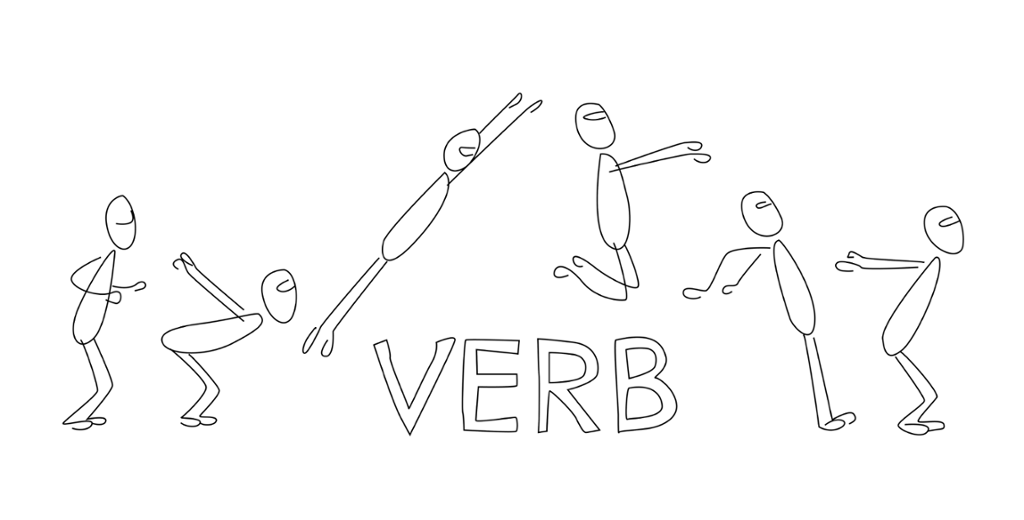Tasks: Simple vs Progressive Tenses

Translate the following sentences into English using either the progressive tenses or the simple tenses (past, present, or future). In pairs or small groups, explain your choice of verb tenses by referring to the rules from the article.
Bussen kommer, du må skynde deg.
Vi pleier å dra til Italia om sommeren, men i år drar vi til Frankrike.
Jeg kan ikke spille piano, men faren min gir meg spilletimer.
Akkurat nå bor jeg hos bestemora mi, men vanligvis bor jeg hos foreldrene mine.
Jeg kommer til å flytte til Manchester samtidig som du flytter til Birmingham.
Han er rørlegger, men han arbeider ikke for øyeblikket.
Han ble angrepet idet han forlot møtet.
Du kjører altfor fort. Du må roe ned.
Da jeg kom hjem, lå han på gulvet og kikket i taket.
Mens hun arbeidet hardt på kjøkkenet, satt mannen hennes foran TV-en.
Telefonen ringte mens jeg tok et bad.
Work together in pairs or small groups.
Below, you will find several sentence pairs using the simple and the progressive tense. All sentences (with the exception of one) are grammatically correct, but their meanings change depending on the tense that is used.
Go through the sentences and explain their difference in meaning. Refer to the rules you were given in the article. You will find the key below.
Example:
My car works perfectly (My car is generally reliable, it's a good car)
My car is working perfectly (My car is working right now but has stopped running in the past and may do so in the future)
I enjoy the seaside. / I am enjoying the seaside.
The man drowned. / The man was drowning.
The bus stopped. / The bus was stopping.
What do you read? / What are you reading?
When we arrived, my mother made some fresh tea. / When we arrived, my mother was making some fresh tea.
My foot hurts. / My foot is hurting.
I work in an office. / I’m working in an office.
I speak English. / I am speaking English.
I eat cereal for breakfast every day. / I’m eating cereal for breakfast today.
What do you do? / What are you doing?
I read a book last night. / I was reading a book last night.
I look forward to seeing you next week. / I'm looking forward to seeing you next week.
I know the answer / I am knowing the answer.
Guoskevaš sisdoallu
What is the difference between the progressive tenses and the simple tenses?